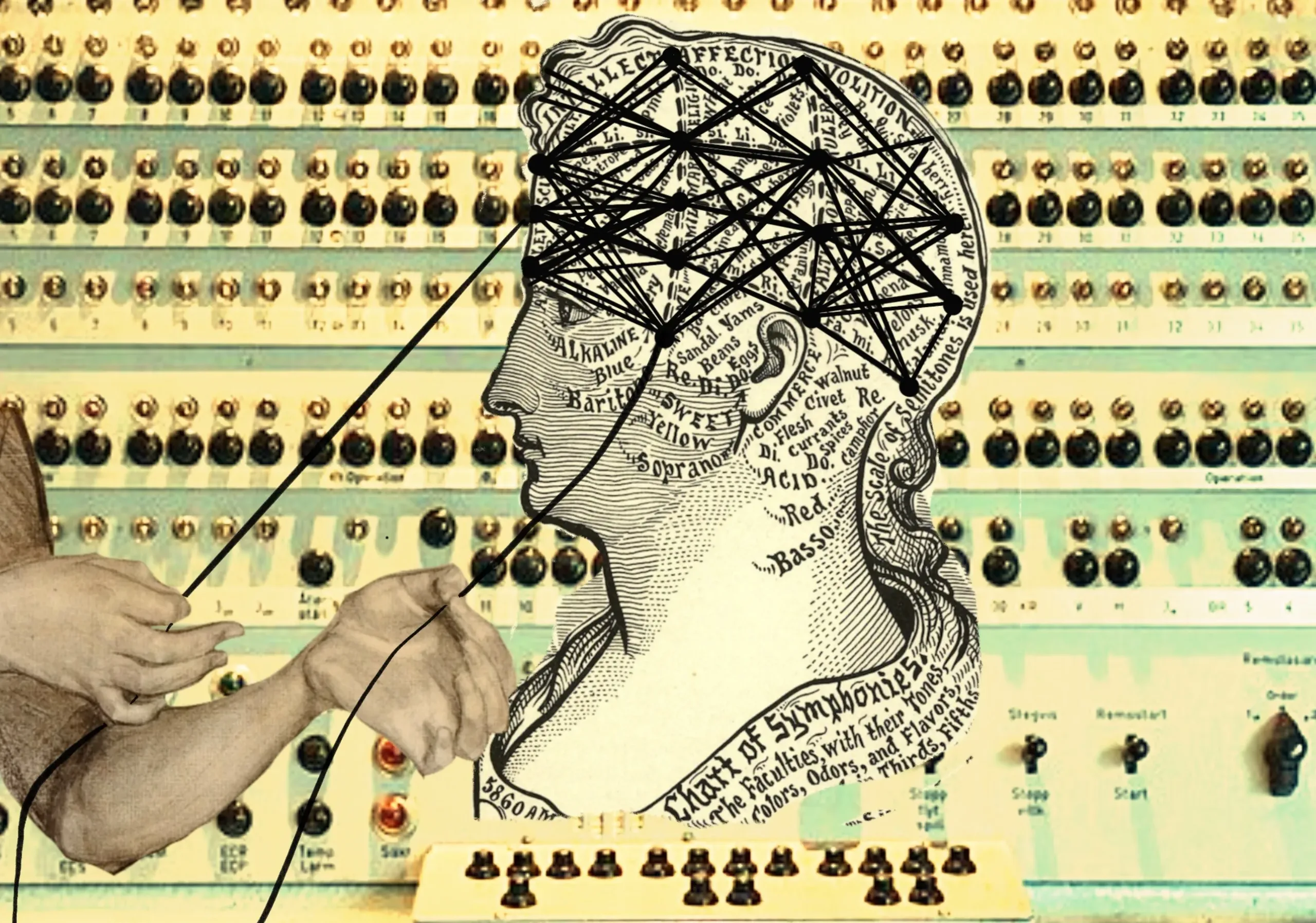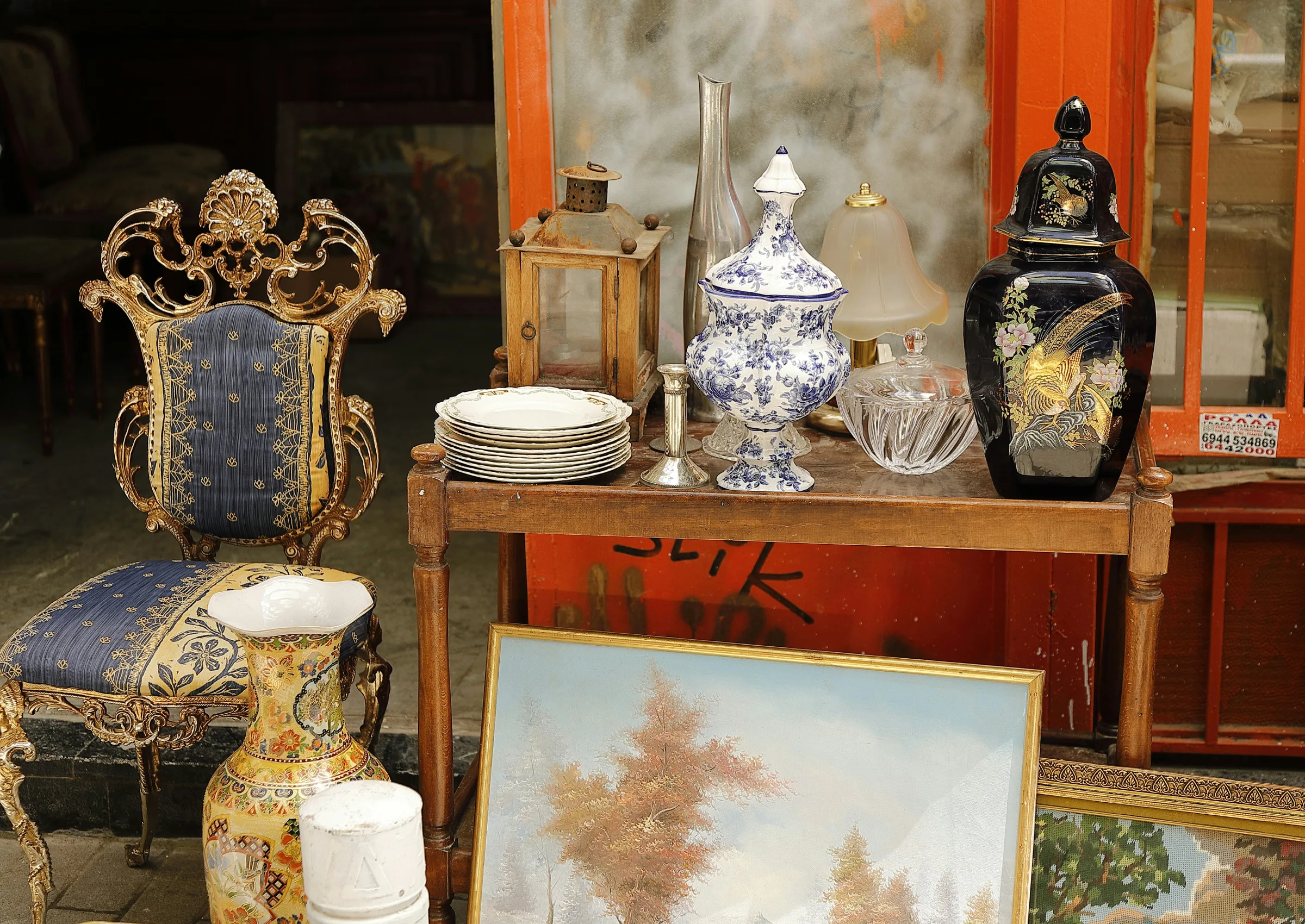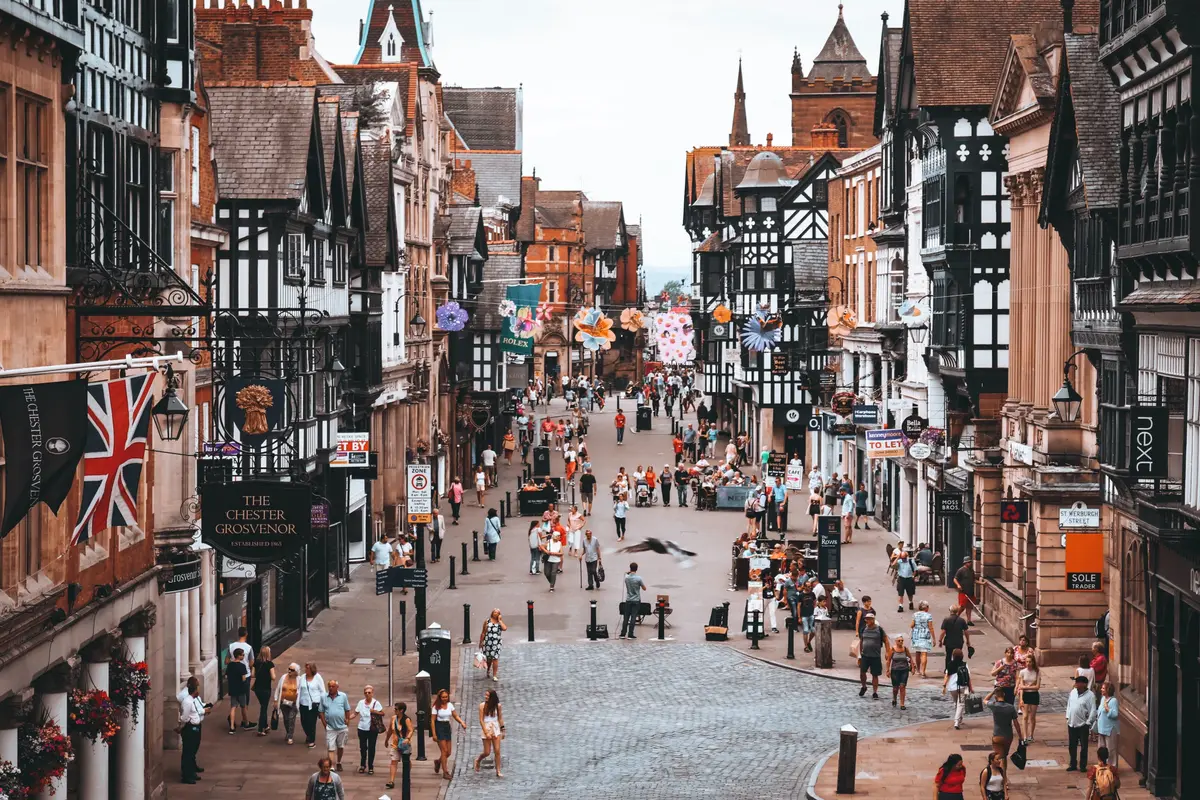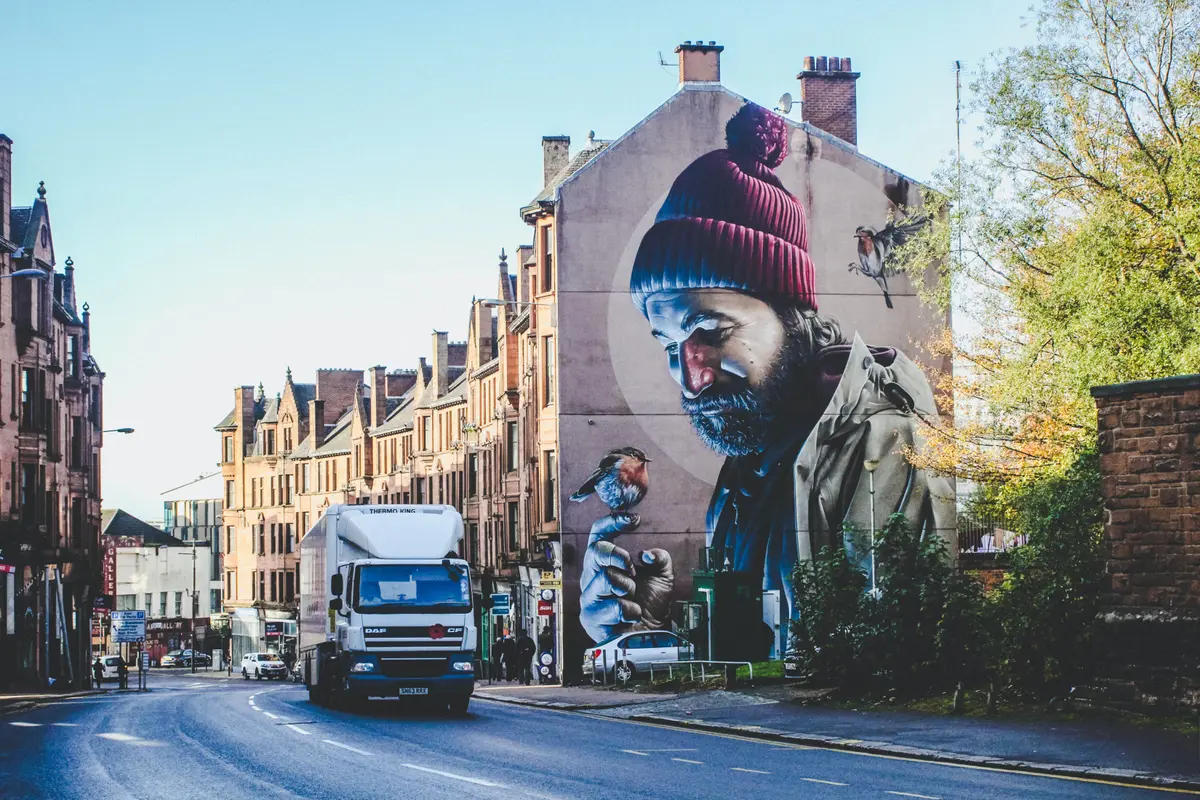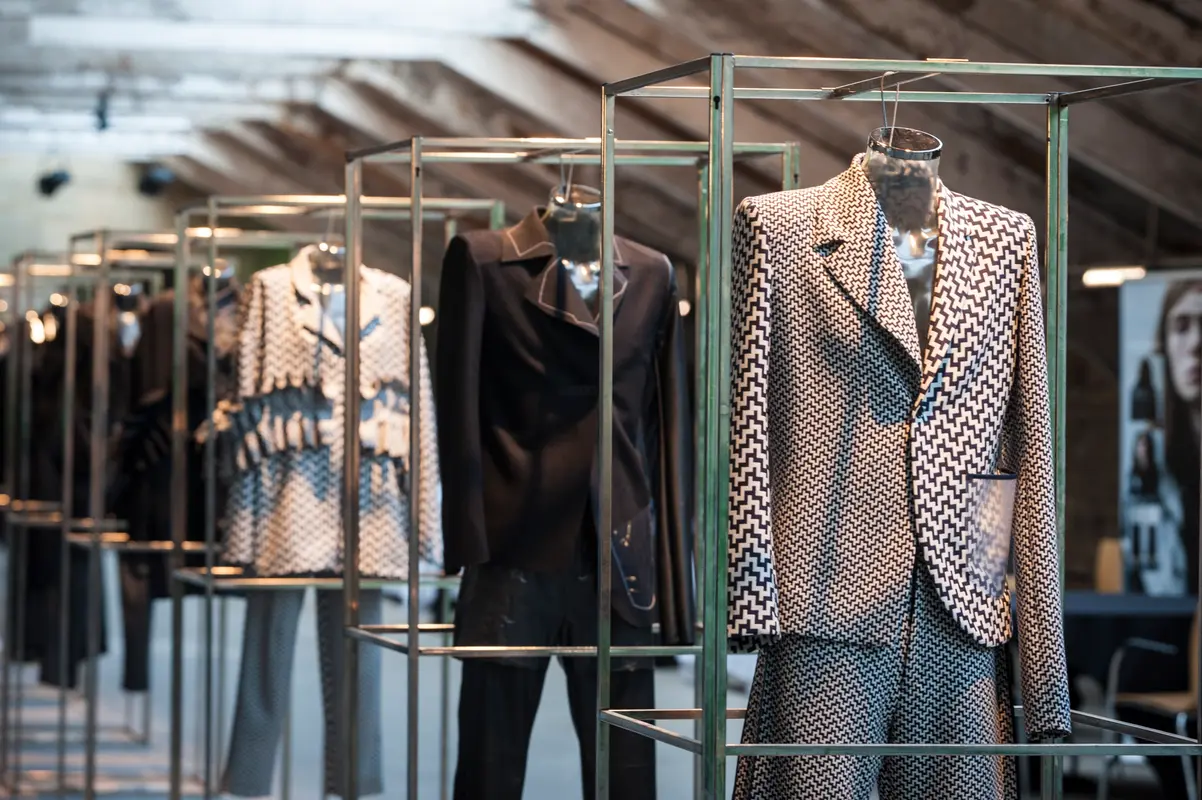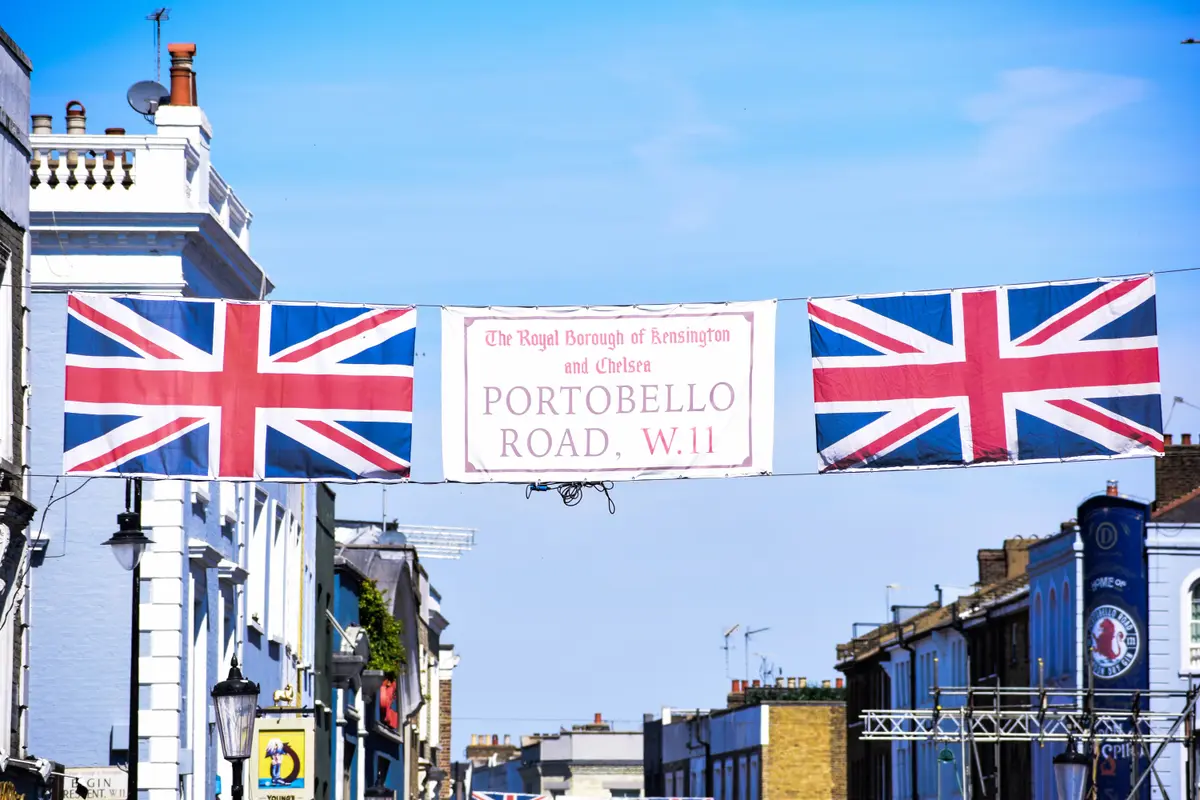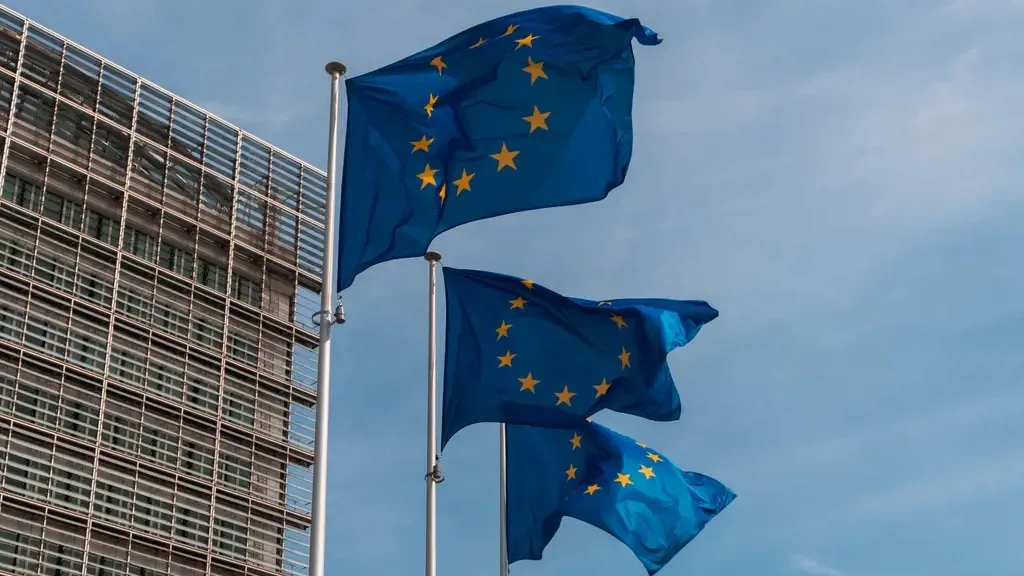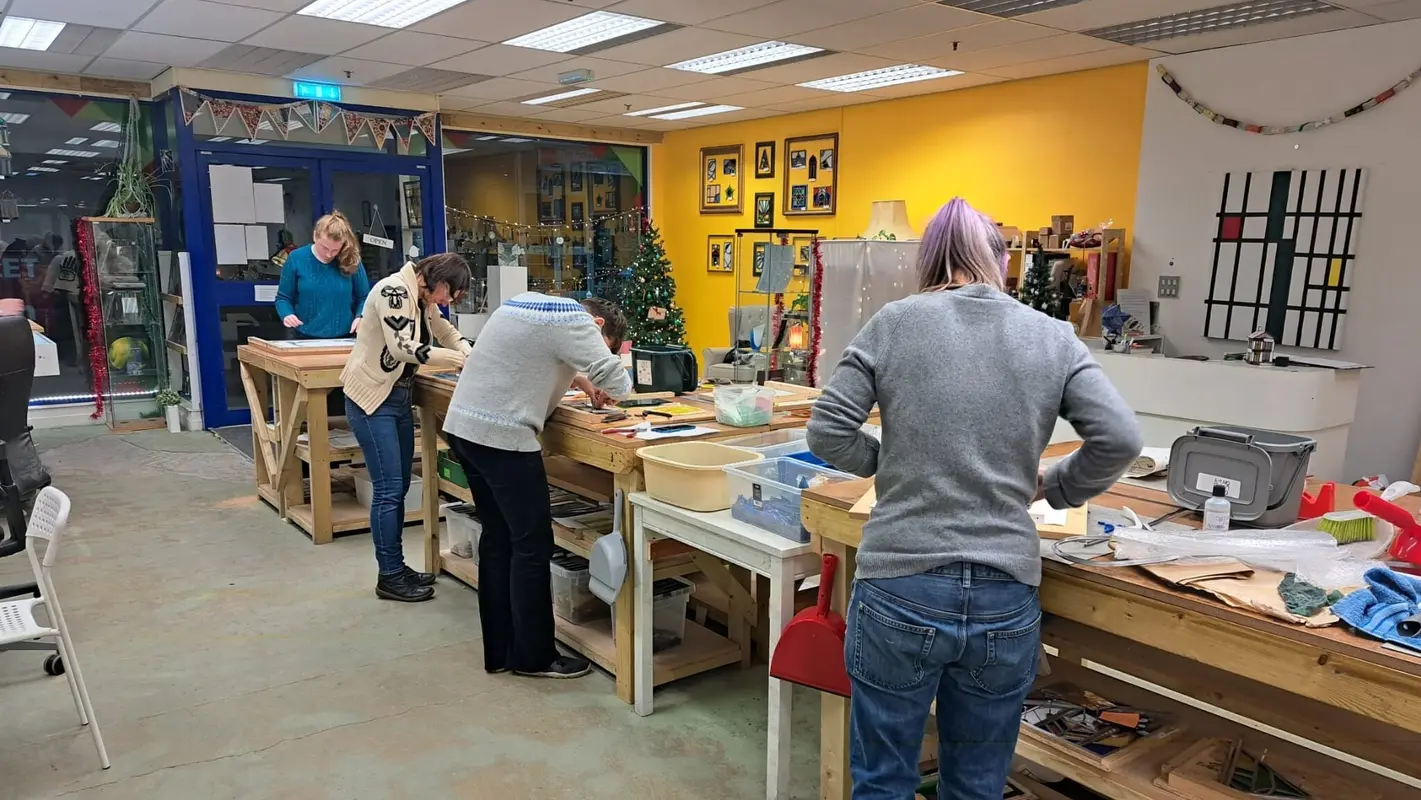The role, contribution and challenges of creative freelance work
The creative industries are incredibly diverse, and include a very wide range of occupations and businesses, from fashion or interior design, to video game or dance companies. This diversity can make it hard to measure the value created by creative workers, as their way of working, their income, and the number of roles they play can vary considerably from one sub-sector to another.
In this new Discussion Paper, researchers from Coventry University and University of Warwick, investigate the full range of creative occupations, building an analytical framework to help policymakers better understand the economic and social value of creative freelancers.
As part of this work, the researchers conducted interviews with 84 creative freelancers from Coventry, Waltham Forest and Northumberland, places that were chosen because they are distinct areas in England with representative characteristics.
The authors have created a new typology for better understanding creative freelancers, categorising everything from their motivations for becoming self employed, to how their roles fit into the wider economy, and the impact that the places where they live and work have on their professional roles.
The paper ends with three clear domains where policy makers can do more to support creative freelancers. Echoing previous calls, the researchers set out how policy makers can support freelancers in a changing labour market, can design better systems for freelancers to negotiate and manage contracts, and understand creative freelancers in the context of the places they live and work.
Please reference this paper as:
Henry, N., Barker, V., Sissons, P., Broughton, K., Dickinson, P., Lazell, J., and Angus, T. (2021) Creating value in place. The role, contribution and challenges of creative freelance work. Coventry: Coventry University funded by the Creative Industries Policy and Evidence Centre. Available from: https://www.pec.ac.uk/discussion-papers/creating-value-in-place
Photo by Kenny Orr on Unsplash
Related Discussion Papers
Demand for Creativity and AI Skills in the Post-ChatGPT Labour Market
This study examines the evolving relationship between employer demand for creativity and AI skills i…
Regional Trade Agreements, Cultural Provisions and Trade in Cultural Goods
Analysing the impact of Regional Trade Agreements on the bilateral trade of cultural goods from 1999…
International Trade Challenges and the Effectiveness of Support Measures for the UK’s Creative Industries
The formidable challenges confronting the UK’s creative industries in the realm of exports, st…
Northern England’s Creative Industries
The Creative Industries are already a driver of growth across the UK economy. Export-intensive and m…
Creative Destruction? Creative firms, workers and residential gentrification
A new study by Tasos Kitsos, Max Nathan, and Diana Gutierrez-Posada finds only a minor influence of …
Speaking with One Voice
A fundamental remit of the BBC, and other public service broadcasters (PSBs) like ITV and Channel 4,…
Transitioning to Sustainable Production across the UK Theatre Sector
This discussion paper examines transitional pathways to sustainable theatre production in the UK. By…
Identifying and analysing UK fashion micro-clusters
The UK’s Fashion and Textiles industry contributed almost £20 billion to the UK economy in 202…
Net Zero as a catalyst in fashion micro and small enterprises
This report identifies examples of work taking place across three levels of change – social, e…
The Motives of Inbound Foreign Direct Investors in the UK Creative Industries
The UK’s creative industries have a global reach. British arts, technology, and design are internati…
Brexit uncertainty and international trade in services: Evidence from the UK creative industries 2014-2019
This discussion paper is based on one of the first studies to look at the impact of Brexit on the Cr…
Working Together – Cooperatives as a creative industry business model
This authors looks at how creative workers and students typically understand cooperatives, explore t…

